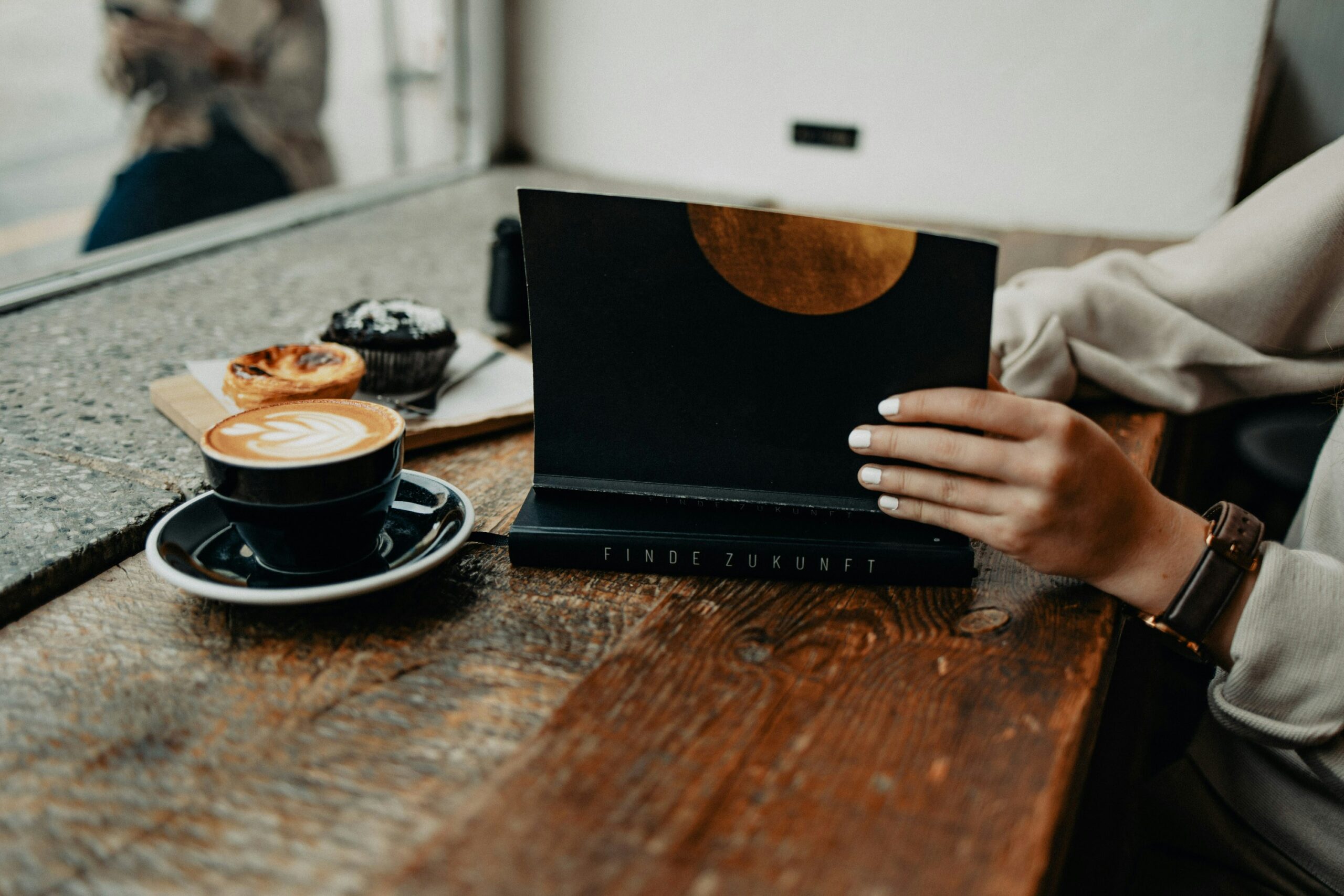Imagine living for 30 days without your smartphone. No quick Google searches, no social media scrolling, and no instant messaging. Sounds challenging, right? But what if this digital detox could lead to a more balanced, fulfilling life? This blog post explores my 30-day journey without a smartphone, the insights I gained, and how you can benefit from a similar experiment.
Why I Decided to Ditch My Smartphone
Like many people, I found myself increasingly dependent on my smartphone. According to a study by Pew Research Center, 81% of Americans own a smartphone, and the average person spends nearly three hours a day on their device. This constant connectivity was affecting my productivity and mental health. Inspired by experts like Cal Newport, who advocates for digital minimalism, I decided to take a break from my smartphone for a month.
The Challenges and How I Overcame Them
The first few days were the hardest. I felt disconnected and anxious, constantly reaching for a device that wasn’t there. However, I soon adapted. Here are some strategies that helped:
- Plan Ahead: I informed my friends and family about my experiment and provided alternative ways to reach me, like email or landline.
- Set Clear Goals: I set specific goals for my digital detox, such as reading more books and spending more time outdoors.
- Use Analog Alternatives: I replaced digital tools with analog ones. For example, I used a physical calendar and a notebook for jotting down ideas.
Unexpected Benefits
As the days passed, I noticed several positive changes:
| Benefit | Description |
|---|---|
| Increased Productivity | Without constant notifications, I was able to focus better on my tasks. |
| Better Sleep | I slept more soundly without the blue light from my phone affecting my sleep cycle. |
| Improved Relationships | With no digital distractions, I had more meaningful conversations with friends and family. |
| Enhanced Creativity | I found myself more creative and inspired, often jotting down new ideas in my notebook. |
| Mindfulness | I became more present in the moment, enjoying activities without the urge to document them. |
| Reduced Stress | Being less connected to the digital world significantly lowered my stress levels. |
| Financial Savings | I spent less money on data plans and app subscriptions. |
| Personal Growth | The experience taught me a lot about my own habits and how to manage them better. |
Expert Opinions
“Digital detoxes can significantly improve mental health by reducing anxiety and improving focus,” says Dr. Sara Thomee, a researcher in psychology. Her studies have shown that reducing screen time can lead to lower stress levels and better overall well-being.
Actionable Tips for Your Own Digital Detox
- Start Small: Begin with a one-day detox and gradually increase the duration.
- Identify Triggers: Recognize what prompts you to reach for your phone and find alternatives.
- Set Boundaries: Establish phone-free zones or times in your home.
- Stay Accountable: Share your goals with a friend or family member who can support you.
- Reflect: Keep a journal to document your thoughts and feelings during the detox.
FAQs
Frequently Asked Questions
Is it really possible to go 30 days without a smartphone?
Yes, it is possible. While challenging, many people have successfully completed similar digital detoxes and reported numerous benefits.
What should I do if I need to use my phone for work?
If your job requires a smartphone, try to limit its use to work-related tasks only and avoid personal use during the detox period.
How will I stay in touch with people?
Inform your friends and family about your experiment and provide alternative ways to contact you, such as email or a landline.
Conclusion
My 30 days without a smartphone was a transformative experience. I gained valuable insights into my digital habits and discovered a more balanced way of living. If you’re feeling overwhelmed by constant connectivity, I encourage you to try a digital detox. It might just change your life.

Leave a Reply